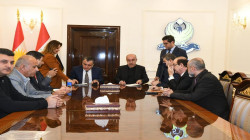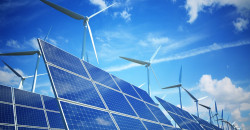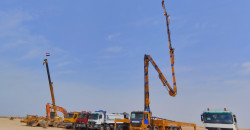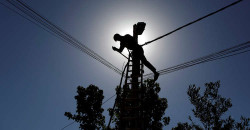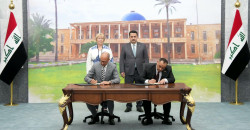Despite hydrocarbon wealth, Iraq chases slim hope in renewable sources to cope with energy demand
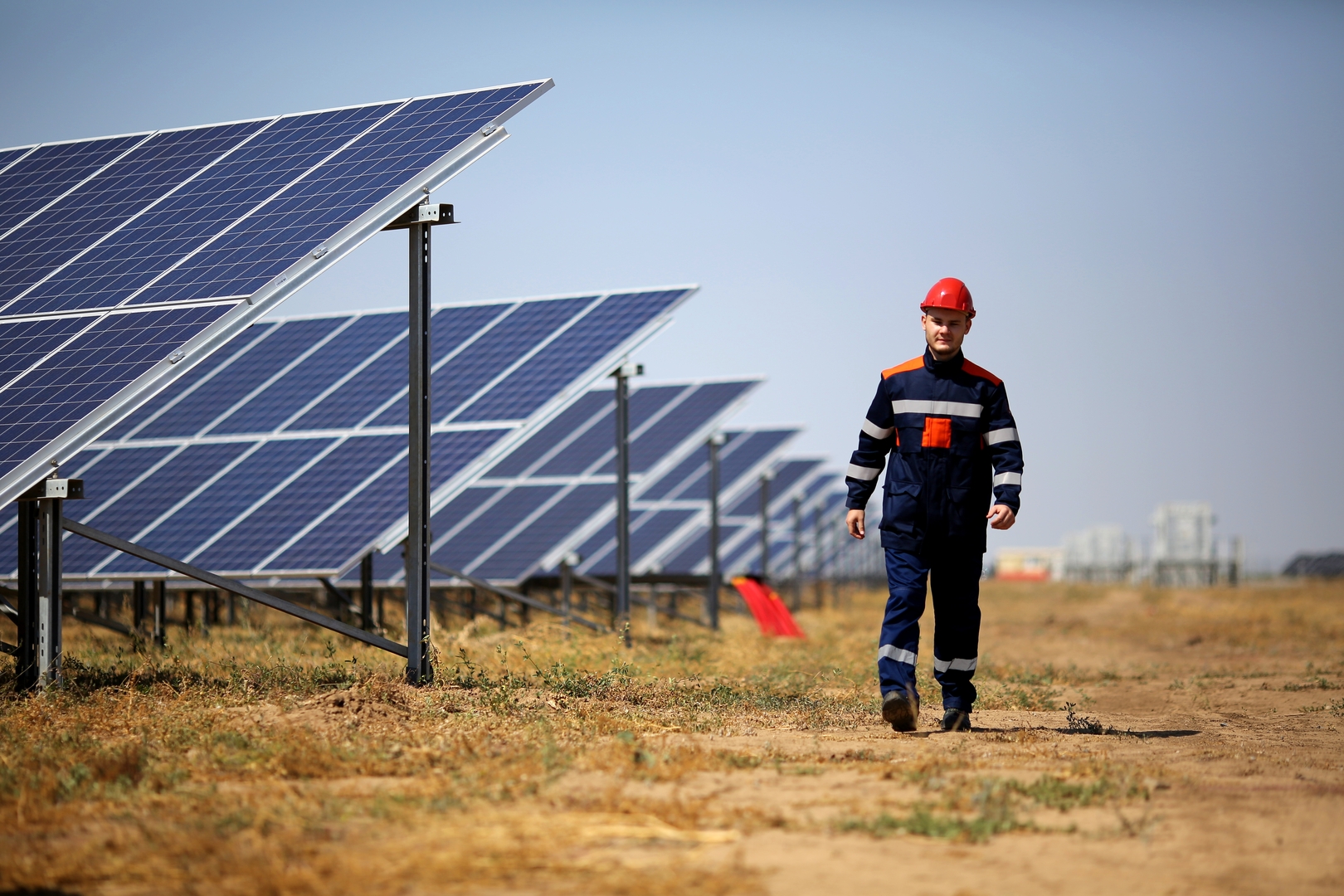
Shafaq News/ Despite its vast oil wealth, Iraq struggles to provide enough electricity to its 43 million people after decades of conflict and sanctions. With rampant corruption and crumbling infrastructure, the country with the world's fifth largest oil reserves (and thirteenth largest natural gas reserves) is consistently unable to meet the soaring demand from households, businesses, and industries.
The potential of renewable energy, such as solar and wind power, has emerged as a beacon of hope in this energy crisis. Given Iraq's abundant sunshine and windy conditions, experts believe that harnessing these resources could significantly reduce the nation's reliance on fossil fuels and provide a more sustainable and reliable power supply.
Waste To Energy?
Ahmed Musa, a spokesperson for the Ministry of Electricity, told Shafaq News Agency that the ministry has identified two potential sites, one in Abu Ghraib and another in Nahrawan, to construct waste-to-energy plants. "We have ensured that these locations are close to the grid and transmission lines, and we have obtained Cabinet approval to move forward with these investment projects," Musa said.
Additionally, Musa revealed that the ministry is nearing contracts with international companies to install wind turbines in the Shahraban area of Wasit. "We have received numerous bids from companies and are currently evaluating them," he added.
"This government is determined to diversify energy sources and adopt renewable energies such as combined cycles, electrical interconnection projects, and utilizing solar, waste, and wind energy," Musa emphasized.
These efforts, he explained, are part of Iraq's broader strategy to enhance energy security and reduce operational costs. Recently, Iraq signed a contract with the UAE's Masdar to develop 1,000 megawatts of solar photovoltaic projects. Iraq's Minister of Electricity, Ziad Ali Fadel, announced in 2024 that the country is on the verge of signing a contract to build a 1,000-megawatt solar power plant in Najaf with Saudi Arabia's ACWA Power.
Slow Start… And Failure
In a statement to Shafaq News Agency, Hamza al-Jawahri, an energy expert, said that Iraq is still in the early stages of the transition to renewable resources despite its growing interest. "The world has only managed to generate a small fraction, less than 5%, of its total energy consumption from clean sources," al-Jawahri said, highlighting the massive challenges and investments required for Iraq to make substantial progress.
Iraq's transition to renewable energy is also being hindered by the high costs associated with clean energy technologies, according to economic experts.
Hala al-Taan, an economist, told Shafaq News Agency that while Iraq is exploring renewable energy options, the immediate availability and relatively lower cost of fossil fuels like natural gas and diesel are making it difficult to justify a rapid shift. "Iraq, as an oil-producing nation, has abundant supplies of natural gas and diesel that can be used for power generation," al-Taan said. "Although Iraq may consider using clean energy in the future, it will require a gradual transition over several stages."
The economist pointed to the United States as an example, noting that while the country has invested heavily in renewable energy, it still relies mainly on fossil fuels, particularly for industrial applications. "The United States uses ethanol from corn to power machines and factories, accounting for roughly 15% only of the total energy used in American industries," al-Taan explained.
To support the development of renewable energy projects, the Central Bank of Iraq introduced a financing scheme in March 2022, allocating one trillion dinars for installing renewable energy systems. "This initiative aligns with the government's commitment to the Paris Agreement and its efforts to transition to a cleaner energy future. A committee, chaired by the deputy governor and composed of representatives from the ministries of environment and electricity, members of the parliament, as well as experts from the private sector, has been established to oversee the implementation of this program," the Central Bank said in a statement.
According to Lawmaker Kamel al-Okaili, a member of the aforementioned committee, only 250 million dinars have been disbursed to ten borrowers. He said the initiative has failed and attributed this failure to complex bureaucratic procedures and inadequate public awareness.
"The initiative has not been successful due to the complicated procedures and the lack of cooperation from the central bank with banks and banking institutions, in addition to weak media promotion," he added.
The slow pace of renewable energy adoption comes as Iraq grapples with the increasing impacts of climate change, including rising temperatures, frequent dust storms, and prolonged droughts.
On July 10, 2023, Iraq and French oil major TotalEnergies signed a long-delayed $27 billion agreement to build four oil, gas, and renewables projects. TotalEnergies Chairman and CEO Patrick Pouyanne signed the agreement with Iraqi oil minister Hayan Abdel-Ghani at a ceremony in Baghdad, with Pouyanne declaring it a "historic day."
The deal between both parties was initially signed in 2021 with an investment of $10 billion in southern Iraq over 25 years, but it was delayed amid disputes between Iraqi politicians. The deal was closed in April, when Iraq agreed to take a smaller than initially demanded stake in the project of 30%, with TotalEnergies taking 45% and QatarEnergy holding the remaining 25%.
On July 6, 2024, Jordan and Iraq announced that the two countries' electrical interconnection had entered into force.
Last year, Amman and Baghdad signed an agreement to supply Iraq with 40 megawatts of electricity. In Oct. 2022, Iraq and Jordan laid the foundation stone for an electrical interconnection project between the two neighboring countries.
Iraq generates between 19,000 and 21,000 megawatts, but the country's actual need exceeds 30,000 megawatts, according to Iraqi officials. For years, Baghdad has imported 1,200 megawatts of electricity from neighboring Iran to feed its local electric power plants.
In 2022, Iraq signed a memorandum of understanding with Saudi Arabia for electricity interconnection between the two neighbors.
